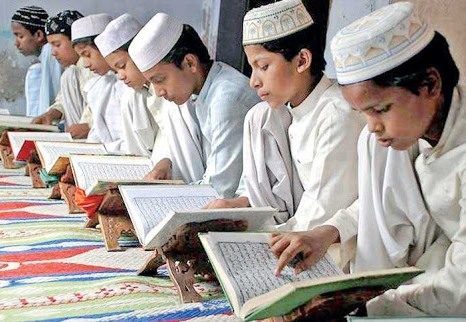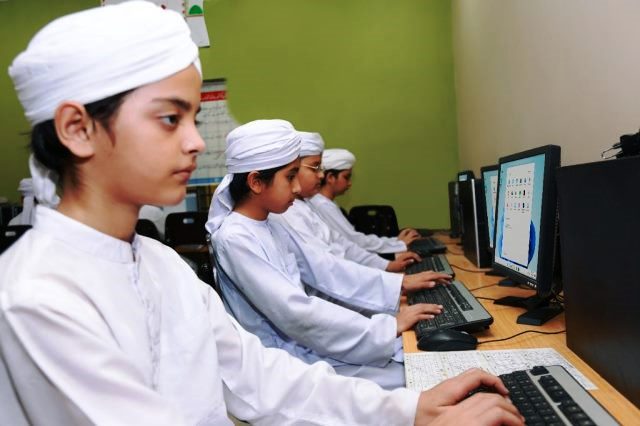In light of the Uttar Pradesh government’s order, the survey of Islamic educational institutions, or Madrassas has started in Kanpur.
According to the government order, the survey will be on the basis of 12 aspects. The teams of officials for the Madrassa survey have been constituted by District Magistrate (DM) as per government order.
“The survey of Madrassas has started. We are checking certain points such as land records, syllabus, cleanliness, housing facilities etc. Some Madrassas have been identified to be checked. There are 25 Madrassas in the city area. The rest are the in surrounding villages,” said Sub Divisional Magistrate Himanshu Nagpal.
Earlier this month, the Uttar Pradesh government started the process of conducting a survey of the Islamic education institutions.
Earlier, the UP government declared to conduct a survey in unrecognised madrassas to ascertain information on the number of students, teachers, curriculum and affiliation with any non-government organisation.
The survey of unrecognized Madrassas is conducted to ensure the basic facilities of the students of Madrassas.
Danish Azad Ansari, Minister of State for Minority Welfare, Muslim Waqf and Waqf Department said that the order also holds to give maternity leave and child care leave to women employees working in Madrassas in the light of the rules applicable in the Department of Secondary Education and Basic Education.
All the District Magistrates (DMs) in Uttar Pradesh have been issued instructions regarding the survey. The government has also ordered holding a survey of unrecognised Madrassas by October 5. The teams will constitute officials of the Sub Divisional Magistrate (SDM), Basic Shiksha Adhikaris (BSA) and District Minority Officers.
Once the survey is conducted it has also been instructed to hand over the report to the Additional District Magistrate (ADM) after which ADM will present the consolidated statements to the District Magistrates (DMs).
Moreover, it has been ordered that in case of a disputed management committee or in case of the death of any employee in an aided Madrassas, a post-facto approval for appointment by the principal Madrassas and District Minority Welfare Officer in the dependent quota of the deceased and the existence of a valid management committee has to be sought.
Meanwhile, a convention of madrassas of Uttar Pradesh was held in Darul Uloom, Deoband on the survey of unrecognized madrassas by the state government on Sunday. The convention was attended by over 250 madrassa representatives.
After the convention, Jamiat Ulama-e-Hind president Maulana Arshad Madani said there is no objection from the madrassas on the issue of the survey of unrecognized madrassas by the state government.
“There is no opposition among us regarding the survey. We have instructed the Ulemas to give correct answers to whatever questions are asked to them and people should cooperate fully in the survey,” Madani said.
He said the madrassas are instructed to keep their rules and accounts correct and conduct audits from time to time.
Madani said that the madrassas will not take help from the government for day-to-day religious affairs adding that the government can help in building schools and colleges.
Madani said if a madrassa is on the land of the government, then the government has the right to demolish it, but “if the madrassa is on its own land, then we are against it.”
He said the convention appealed to all Islamic madrassas to cooperate with the survey team. (ANI)
Read More:http://13.232.95.176/

